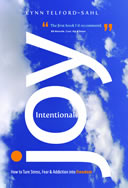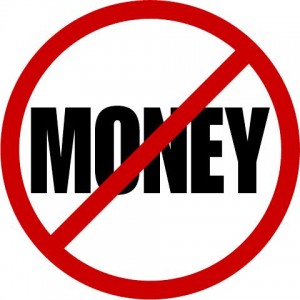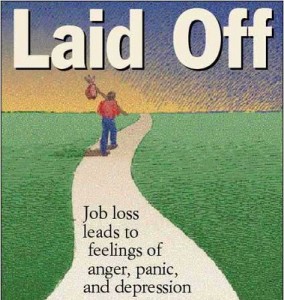Money Stress: 3 Tips to Feel Better
 Tuesday, July 17, 2012 at 5:07PM
Tuesday, July 17, 2012 at 5:07PM  Post a Comment
Post a Comment What’s the top reason for divorce? Money problems. And, money stress, is the number 1 stressor for 80% of Americans. Symptoms include:
Headaches, depression, heart attacks, muscle tension and back pain and ulcers and digestive problems. Not fun.
fun.
But what exactly is stressing you about your money situation? Pick your top stressor: Debt, lack of income, not saving enough, fights with your partner, just not knowing where to begin?
Tip 1: Talk About Money
Especially for women, talking about what’s really going on lightens the load and makes you realize you’re not alone. As I give presentations about money to women in business I hear over and over about the struggles with money. Until we talk about what’s going on we FEEL we’re the only one. Find a friend or family member to confide in. If there isn’t one available, I offer a FREE 15 minute consult (LINK HERE209 492-8745 or email me lynntelfordsahl@gmail.com)
Stress Busting Breakthrough Tip:
Tip 2: BREATHE I know, I know. Breathing won’t CHANGE your money situation, but when the body relaxes the mind relaxes and solutions become more clear.
Here’s How: Exhale first. Breathe in the to the count of 6, hold for a moment and exhale to the count of 6. Take 10 breaths at least 3 x a day. I’ve taught breathing as stress reduction for over 20 years and it’s the #1 most effective tip. It’s FREE, can be done anytime, anywhere.
Tip 3: Create a Plan: You have to start somewhere. Get the bill folder out, the credit card slips. Tally up what you owe. Now you know. It may not be pretty, but not knowing often creates more anxiety. Next step? Figure out what you can pay weekly or monthly – better to pay something than nothing. LearnVest.com is a terrific website for financial help. Feel a little better?
 Lynn Telford-Sahl tagged
Lynn Telford-Sahl tagged  debt solutions,
debt solutions,  ffinancial fears of women,
ffinancial fears of women,  financial freedom,
financial freedom,  financial stress,
financial stress,  money stress,
money stress,  stress,
stress,  women in business
women in business























